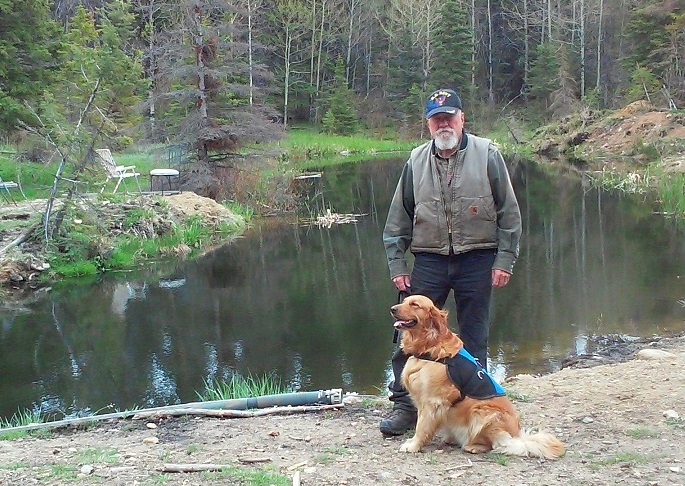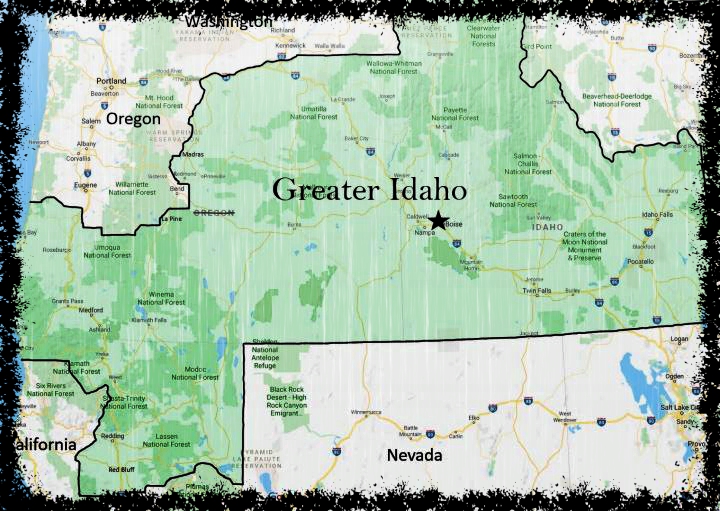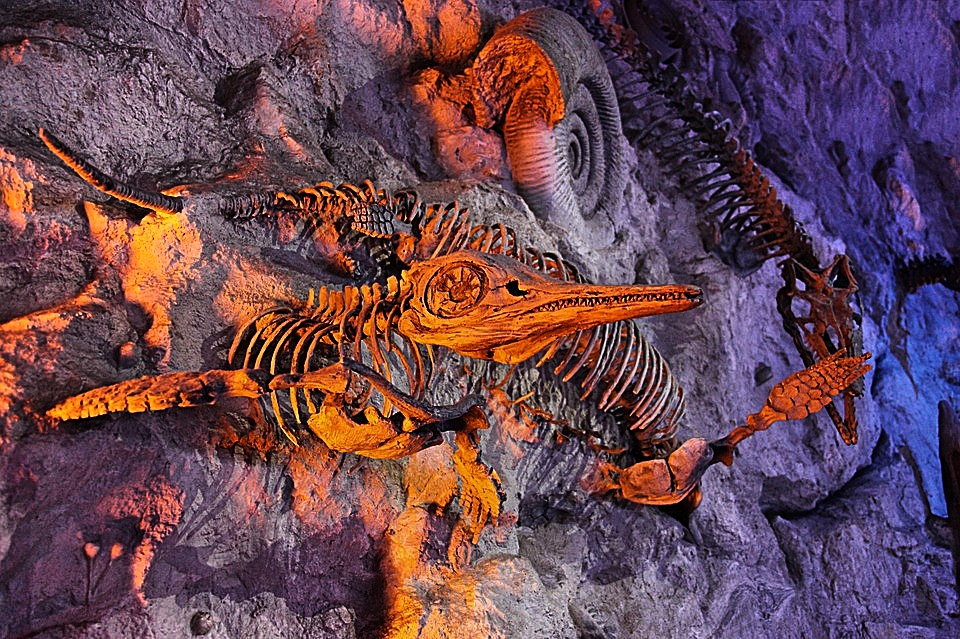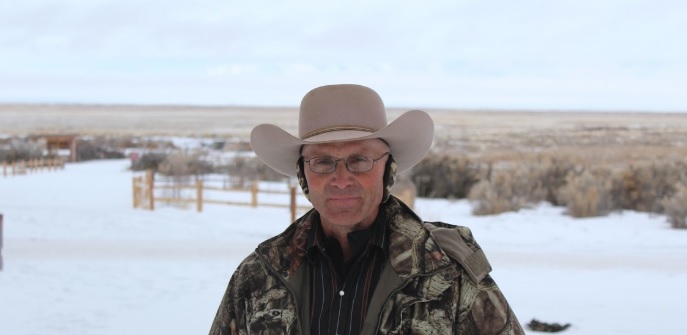Now the 9th Circuit has ordered that Joe Robertson’s pending motion for rehearing should be postponed until the Supreme Court releases its decision in Hughes. (Joe has already served his full prison sentence and is currently back home in Montana where his legal problems have greatly hindered him and impacted his property.)
By Roger Roots
Joe Robertson Appeal Stalled:
Waiting for a Ruling by the Supreme Court
in another Case on another Subject!
Navigating through federal law is sometimes more treacherous than negotiating the rapids of Montana’s most ferocious whitewater rivers.
Montana landowner Joe Robertson lives on forested acres near I-15 between Butte and Helena. In 2016, Robertson was prosecuted and convicted (after an earlier trial ended in a hung jury) of polluting “waters of the United States” and damaging federal property. His alleged crime: using an excavator to dig several small ponds on his property adjacent to public land.
Joe’s property is high in a bowl where spring mountain runoff occasionally sends a small flow of snowmelt down the mountain. During much of the year, there is no stream whatsoever.
How could the digging of small ponds by Joe Robertson have ‘polluted the waters of the United States’? The government’s theory is that the NATURAL DIRT disturbed by Joe in 2013 was a pollutant, and that such dirt may have found its way into creeks below—and then, many miles later, into the Jefferson River (which flows into the Missouri). It is noteworthy that this entire area is a traditional mining corridor not far from Butte’s “richest hill on earth” which has been blasted, drilled and dredged for more than a century.
WHAT IS THE LAW WHEN THE SUPREME COURT SPLITS 4-1-4?
The government’s theory rests on a view of the Clean Water Act that is highly contested. By most definitions, “waters of the United States” means lakes and rivers which are navigable. This was the view of Justice Scalia in the Supreme Court’s 2006 Rapanos v. United States decision. This is also the view of the Trump Administration. According to this view, Joe Robertson could not have been convicted of polluting the waters of the United States.
A rival interpretation is that ‘waters of the United States’ can mean any water on the earth’s surface which might possibly flow into larger streams and rivers. This interpretation was the interpretation of the “losing” opinion of the Rapanos 4-1-4 split decision, written by the four liberals on the Court.
SINCE WHEN DOES A “CONCURRING OPINION” REPRESENT THE DOMINANT RULE?
Because the 2006 Rapanos decision was a 4-1-4 split among 9 justices, the four losing justices could argue that they “tied” with the four winning justices. The outcome in Rapanos turned on the lone vote of Justice Anthony Kennedy—who agreed with Scalia and the conservatives that Mr. Rapanos could not be prosecuted for developing his Michigan wetland property but disagreed over legal definitions. Kennedy’s stand-alone concurring opinion said that waters of the United States are those which have a “significant nexus” to navigable rivers. Thus, “waters of the United States” can include wetlands which occasionally run off into larger streams—such as Joe Robertson’s ponds. This was the view of the Obama Administration which prosecuted Joe Robertson in 2015.
*Roger Roots is an attorney and writer who has authored an amicus curiae (friend of the court) brief for the Constitution Society supporting Joe Roberson’s appeal.
Free Range Report
Thank you for reading our latest report, but before you go…
Our loyalty is to the truth and to YOU, our readers!
We respect your reading experience, and have refrained from putting up a paywall and obnoxious advertisements, which means that we get by on small donations from people like you. We’re not asking for much, but any amount that you can give goes a long way to securing a better future for the people who make America great.
[paypal_donation_button]
For as little as $1 you can support Free Range Report, and it takes only a moment.




Grrr.. Nothing makes me madder than injustice.